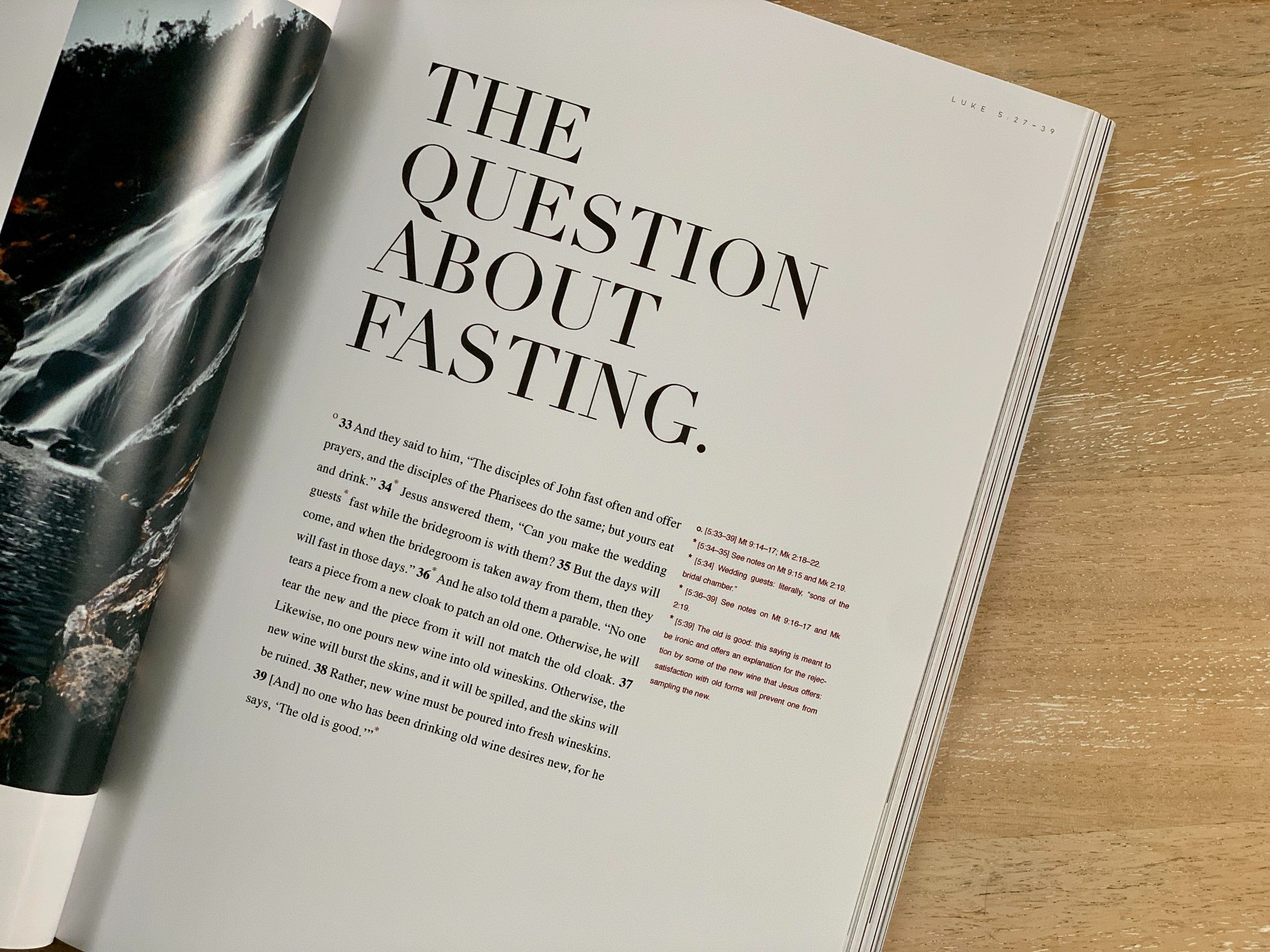
FISM News, Bethany Roberts
[elfsight_social_share_buttons id=”1″]
Short cycles of a diet that mimics fasting appeared to reduce signs of Alzheimer’s disease in mice genetically engineered to develop the illness, according to a new study by USC Leonard Davis School of Gerontology.
The study, published in Cell Reports on Sept. 27, replicated fasting in a group of mice and recorded the results. Short cycles of a low-calorie diet appear to reduce inflammation and delay mental decline in mouse models of Alzheimer’s disease. These results could be promising for those living with the disease, or for those whose loved ones are suffering.
The researchers found that there was a decrease in Alzheimer’s pathology in the mice that had received several rounds of the fasting-mimicking diet (FMD). The researchers, led by Professor Valter Longo working with Christian Pike and Pinchas Cohen, found lower levels of the two most common traits of the illness: amyloid beta and hyperphosphorylated tau protein.
Amyloid beta is the primary reason for plaque buildup in the brain, and hyperphosphorylated tau protein forms tangles in the brain, both of which can lead to Alzheimer’s. The researchers also saw a positive change in brain inflammation and performance on cognitive tests.
The FMD, made by Dr. Longo, is a macro and micronutrient-defined 5-day routine. It is made up of a limited amount of plant-based foods, high in unsaturated fats and low in overall protein, calories, and carbohydrates. This mixture replicates the effects of a water-only fast while continuing to provide nutrients.
Essentially, FMD is a form of calorie restriction that slows down specific pathways in our cells. This slowing down of “growth” allows time for our bodies to repair and regenerate healthy stem cells. In fact, previous studies have shown that intermittent FMD cycles are related to a range of benefits, including the promotion of stem cell regeneration.
There are molecular pathways in our cells that need to be told to grow or repair, depending on the caloric state of our bodies. Growth pathways are activated by macronutrients, such as carbs and proteins. They inhibit the initiation of repair to damaged cells and the rejuvenating of new stem cells. However, when bodies are in a fasting state, the growth pathways are told to turn off.
When the growth pathways rest, our repair pathways take over and clear out DNA mutations and harmful reactive oxygen species, such as superoxide and hydrogen peroxide. This is why FMD can be so beneficial and can cause Alzheimer’s to regress, or to ward off for longer.
The FMD encourages the clearing of damaged cells and the regeneration of new stem cells. This data and research show that intermittent cycles of the FMD may serve as protection against neurodegenerative disorders in general.
Data from a study in the Journal of the American Medical Association: Neurology indicates that areas that naturally have lower caloric diets have a lowered chance of developing Alzheimer’s disease when compared to areas with higher caloric diets. This means that most people in western culture always have their growth pathways turned on – not only are there more calories available, but we are also told that the more protein we eat, the better. This is false, and it doesn’t allow our repair pathways to do their jobs.
Dietary restriction has been found to slow down the onset of neuro diseases by increasing neurons’ ability to resist degeneration, according to a study published by the American College of Physicians.
In fact, various anti-aging effects are also an effect of caloric restriction. Increased insulin sensitivity, mitochondrial function, and decreased oxidative stress and inflammation are all possible positive outcomes of caloric restriction.
Longo and his colleagues included data from a small clinical trial where the FMD was tested with human patients. The patients were diagnosed with mild cognitive impairment or mild Alzheimer’s disease. Forty patients, who were healthy physically, were randomized to either a once-monthly, 5-day FMD or a 5-day period in which their meal was replaced with a meal based on pasta or rice.
The initial data shows that FMD is both safe and feasible for patients with mild neurodegenerative diseases. More tests are in the works and will measure cognitive performance, inflammation, and more, Longo said.
“Other early trials of the diet published by Longo and colleagues have indicated other benefits of a monthly cycle, such as a loss of fat mass without loss of muscle mass and improved cardiometabolic risk factors, especially in overweight or obese people,” the USC article stated.
On top of the positive outcomes for Alzheimer’s patients, a recent clinical trial (which Longo co-authored) showed that FMD cycles were also related to disease regression in diabetes patients. Diabetes nearly doubles the possibility of developing Alzheimer’s disease, according to the Alzheimer’s Association.
Other research led by Longo, whose expertise is in fasting, nutrition, diets, and chronic diseases, has found that periodic FMD cycles are also associated with a range of benefits; these benefits include the lessening of chemotherapy side effects and lowering risk factors for cancer, heart disease, and other age-related diseases.
